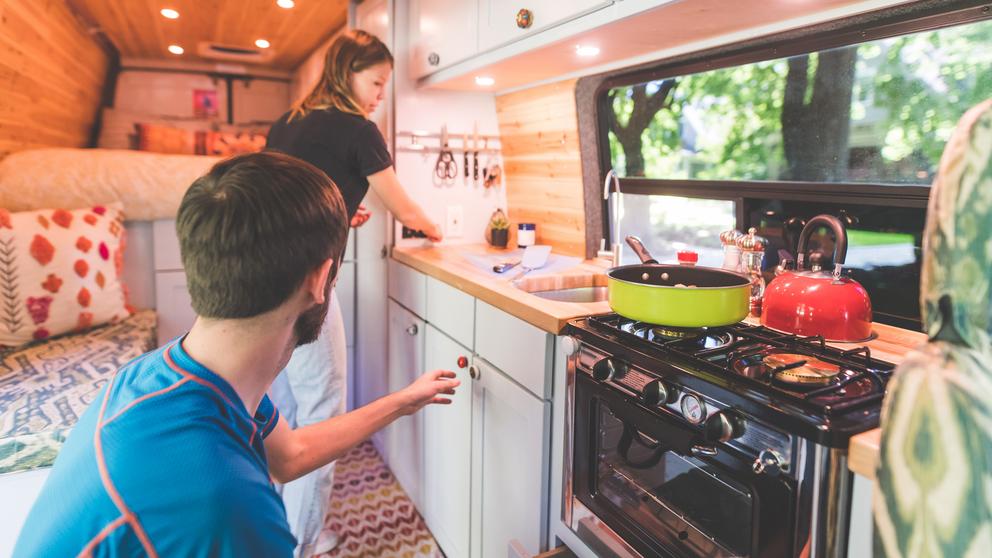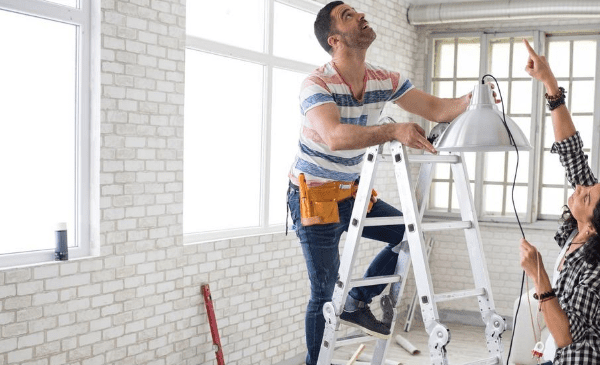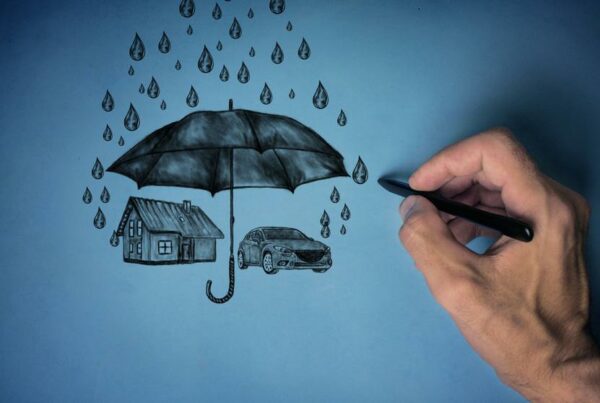
From tiny houses and on-the-road living to homesteading and downsizing, both young generations and retirees are riding the wave of minimalism. In this effort to be free of clutter and property upkeep, one thing not to give up is personal insurance. Let’s look at some of the essential coverages to keep or get.
Personal liability insurance
No matter where or how you live, there is a chance you will be blamed for another person’s injuries or damage to their property. In such a circumstance, you could face hefty legal fees defending yourself or a dependent family member. Liability lawsuits can arise from a number of events:
- Someone sustains an injury on your property. (You could be held liable even if your property is a stationary recreational vehicle.)
- You behave negligently (e.g., your pet bites or trips someone).
- You or someone in your household damages the property of another household (e.g., your child dents a car with a bike or baseball).
Without personal liability insurance, you will have to pay medical and/or repair costs out of your own pocket. You can get an idea of the extent of those payments if you consider lost wages, medical bills and therapy expenses. And if someone is disabled as a result of your action or negligence, you could face millions of dollars in settlement costs.
Personal liability insurance can be purchased as part of a homeowners, condo or renters policy. If you are living in a recreational vehicle (RV), a full-time RV policy may be what you need. These policies will cover you for both property damage and liability.
Auto and motorcycle insurance
If you own a vehicle, you need auto insurance. Auto insurance can cover repairs to your vehicle from collisions that happen while it’s being driven as well as damage from flying or falling debris that happens while it’s parked. The latter coverage, called “comprehensive insurance,” may also be written to help with repairs if your car is damaged in a hit-and-run. And you can get un/underinsured motorist insurance in case your vehicle is wrecked by someone driving without insurance.
But even if you don’t own a vehicle, auto liability insurance is a must if you intend to drive any automobile ever. That includes renting or borrowing a friend’s car. Often falling under “nonowned” auto insurance, auto liability insurance is a legal requirement for drivers in most states. Similar to personal liability insurance, it helps pay:
- Your legal bills
- The medical and repair bills of the injured party
- Lost wages and disability income if your actions or negligence while driving harm another party (These same issues apply to those who own only a motorcycle.)
If you live in a vehicle, such as an RV or camper, there are specialty products to address your needs. They cover the vehicle and anything you’re towing, whether it’s in motion or stationary. Talk to your insurance agent about the type of mobile living space you use so you can learn about protecting your vehicle, trailer and belongings. This kind of coverage will also help out if you are judged liable for harm to another person.
Property insurance
You may have enough savings to completely restore all the belongings you need if they are destroyed or stolen. But if you don’t, you may wish to carry some property insurance — even if it’s only for contents, not a structure or vehicle.
Property insurance for personal belongings typically comes under a condo, renters or home insurance policy. It covers your furniture, clothing, bicycles, camera equipment, computers and appliances — all the things in your home you wear or use. Property insurance for small homes and rental units is often very affordable. It covers losses from fires, storms, broken pipes, vandalism and theft. It doesn’t cover floods or earthquakes, though, and in some places, wildfires are also excluded. You can usually get coverage for those hazards separately if needed.
A note on homesteading
If you are a modern-day homesteader, you may be very self-sufficient. But think of the cost of replacing or repairing your well or pump, solar panels, or farming or manufacturing equipment. Home insurance designed for homesteaders is valuable protection.
Make sure you discuss any exterior structures, such as greenhouses, sheds, workshops or barns, with your insurance agent. Even fencing can be covered to some extent. If you use your home to produce goods to sell, inquire with your agent about the important clauses you need in your homeowners policy to insure those productive assets. They often are excluded from standard coverage.
Protecting your lifestyle
One of the convenient things about insurance is its flexibility. No matter what your living arrangements, there are insurers interested in protecting your lifestyle. Whether you are mostly mobile, living off-grid, or simply renting or keeping free from extra possessions, the right insurance can prevent a disaster from upending your life and give you the resources to cover your expenses.





